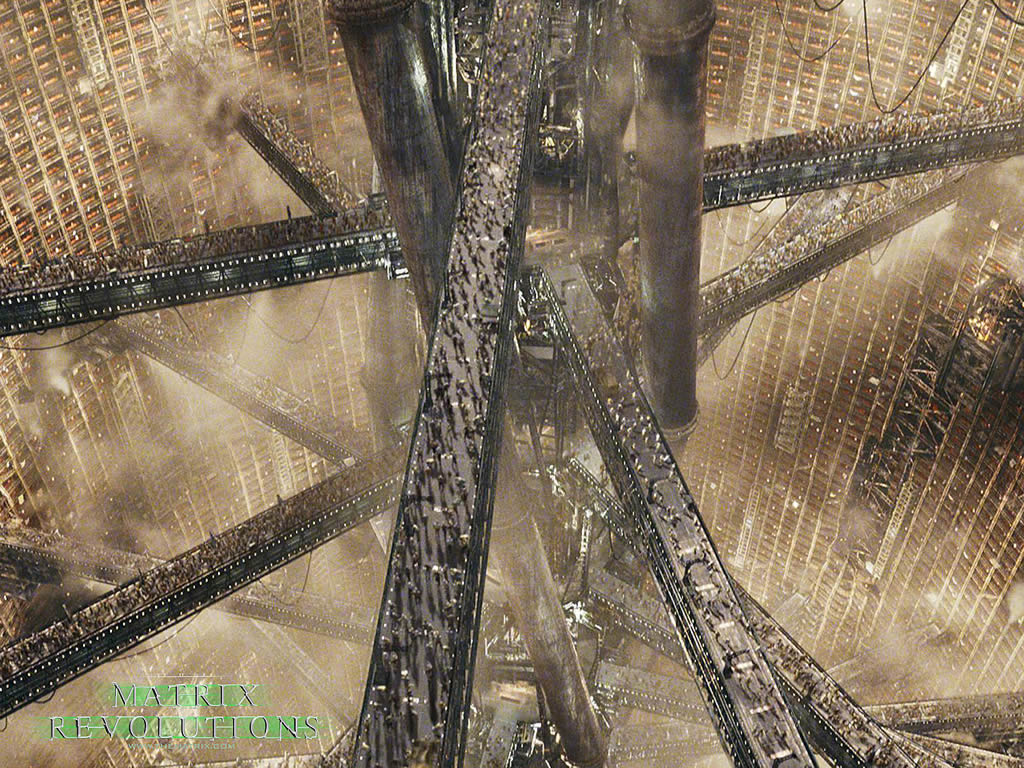
Jan '14 - Apr '14
The big screen as we know it, is popular at predicting the future. Whiles the predictions in certain films just re-echo a scientific industry craving, others are straight out of the blue prying into the very recesses of our craving minds. Some are said to be prototypes put on display in the movies for advertisements and others are plain creativity and curiosity unleashed by producers.
Interestingly, most of these predictions fall within the realm of high-tech gadgetry and advanced science. I can picture some science researcher shaking her/his head in disbelieve, well that’s if he has the time to go to the movies!
Numerous sci-fi movies have aroused the imagination of many a movie-enthusiasts. The Star Trek series abounds with such gadgets. The communicators are more or less present day cell phones likewise the universal translator is present in small gadgets like sigmo.
According to a BBC article by Finnerty (2012), predictions from the popular Blade Runner film are popping up here and there. The article talks of the privatisation of space travel in the movie, we have Elon Musk’s Space X today, and for the gesture-based devices used in the movie, Kinect and Leap Motion come into mind.
Well enough of the props! Considering most of these movies, they are set in distant futures and behold, some have indeed come to pass. A quick look at Wikipedia, gives a list of movies and their set dates in the future. Movies like 2012 have indeed come to pass with no apocalypse yet, 376 days and counting!
What interests me most about the setting of these movies is the utopia/dystopia they portray. The apocalyptic or surreal images they feed us with.
What is worrying however is the urban landscape predicted in these movies. The storyline mostly goes this way; an apocalyptic event in the future, man bleakly survives, seeks refuge in a few habitable areas and there is the ever present scarcity of resources and the accompanying Hobbesian struggle.
In those pictures, the informal is ever so present. They showcase an advanced state of degeneration as a result of the resource scarcity. They are basically the ‘x-generation’ form of present day informal settlements.
In The Matrix Trilogy (1999), the surviving human race, are confined to Zion, an underground informal settlement of about 3km below earth’s surface. It is highly sophisticated relying on advanced cooling and energy systems like geothermal energy generation. Like present-day informal settlements, it is just an abode for the time being, for survival through the bad-times.
 The City of Zion[1]
The City of Zion[1]
In The Book of Eli (2010), same can be said. The patchy surviving cities are wholly informal settlements, with the usual penury in resources like water, food, electricity etc.in the movie, the only two settlements shown bear a striking resemblance to present formal/informal dichotomy, Alcatraz, the city to the West being the formal.
 The Island of Alcatraz[2]
The Island of Alcatraz[2]

Carnegie's City[3]
In In Time (2011),the utopia is more caricatural and depicts reality. The informal city with workers working day and night and still struggling to make ends meet in sharp contrast with the formal, full of amenities and luxury. Survival pitched with living. The movie translates the economic difference between the two settings via the human clocks.
From all these screen examples, I believe the informal/formal dichotomy still exists albeit expressed differently. With the informal as dominant urban morphology, the formal takes second stage and degenerates into the void between the few informal spots. How ironic! The reverse is somewhat true today.
However, in some of these movies the formal persists but in a more utopian expression. Still with the Matrix series, we could say a third morphology arises in the name of the machine city. Thus we will now have an informal human city, a formal machine city and a degenerated, lost former-formal city.
Well, with all these analogies, we do not know for sure whether the machine city will come to pass but for the resource scarcity, all signs converge to a possibility. Water is reported to become one of the scarcest resources on earth in coming decades.
And with the informal settlements, they are fast becoming a dominant typology, at least in developing countries were urbanisation is unprecedented and governments can’t keep up with the rates.
Will we witness the predictions of the big screen or will they turn out to be false alarms? Time and foresight will tell!
Neindow Hassan Yakubu
[email protected]
Student & Urban Researcher
[1]http://static1.wikia.nocookie.net/__cb20130115024910/matrix/images/4/4d/Zion-the_living_levels.jpg
[2]http://upload.wikimedia.org/wikipedia/commons/0/0a/Alcatraz_Island_photo_D_Ramey_Logan.jpg
[3]http://www.wallsave.com/wallpapers/1920x1080/cabin-woods/556187/cabin-woods-post-apocalyptic-the-book-of-eli-556187.jpg
i discuss issues affecting cities around the world with a specific interest on developing countries.
No Comments
Block this user
Are you sure you want to block this user and hide all related comments throughout the site?
Archinect
This is your first comment on Archinect. Your comment will be visible once approved.